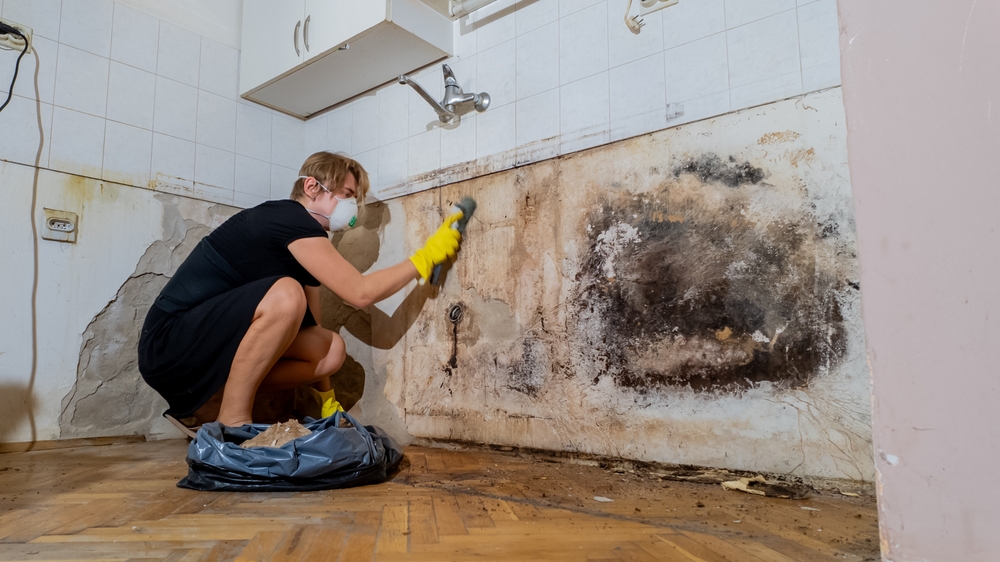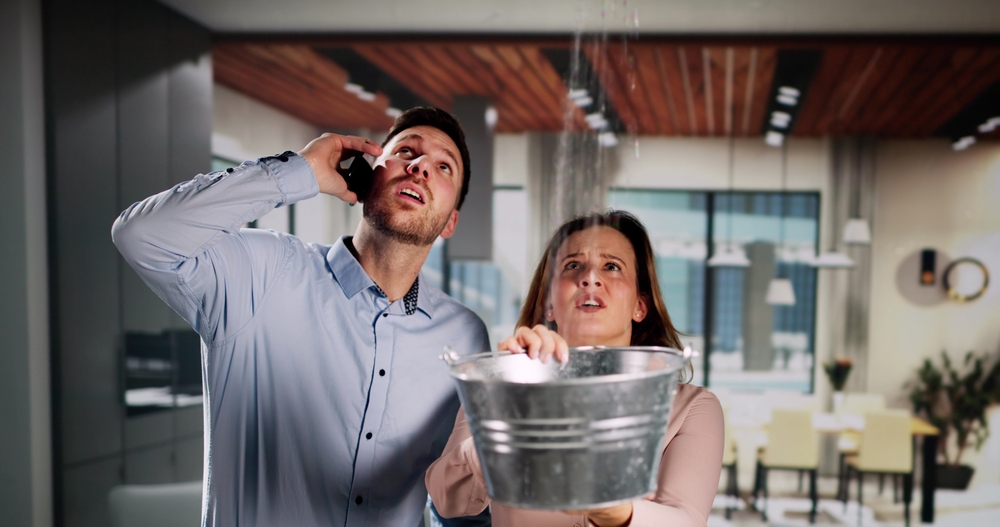For every owner of business property, water damage can cause catastrophe. Apart from the immediate mess, it disturbs business reputation, interferes with operations, and could cause large financial losses. Minimizing harm and guaranteeing a fast recovery depend on prompt response and a calculated approach.
Philadelphia has particular difficulties with water damage because of its unusual mix of modern and old business structures. This book will be navigating water damage restoration in Philadelphia to clarify the reasons, repair techniques, and preventive measures to save your livelihood and investment.
Introduction
Commercial property water damage presents difficulties much beyond those seen in homes. Companies must deal with:
- Operational disruptions: Downtime could cause lost income and unhappy customers.
- Inventory and equipment damage: Important corporate assets can be damaged, therefore stopping commercial activities.
- Safety concerns: Safety issues include water damage weakening buildings, bringing mold, and generating slide risks.
Minimizing the effect requires fast response. Expert water damage restoration companies focus in managing these circumstances to guarantee safety, cleanliness, and a rapid return to normalcy.
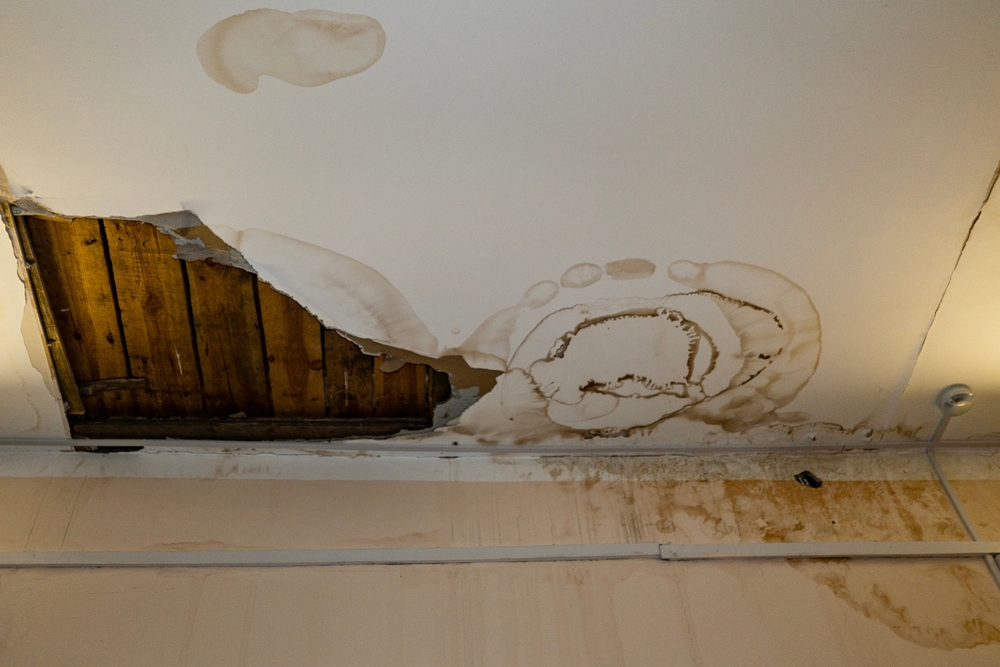
Common Causes of Water Damage in Commercial Properties in Philadelphia
First step in preventing and properly managing water damage is knowing its causes. Philadelphia’s outdated infrastructure, mild temperature, and busy economic activities raise the possibility of incidents.
- Severe Weather: Throughout the year Philadelphia gets storms, snowmelt, and plenty of rain. Overwhelming drainage systems, flash floods and hurricanes can let water penetrate into offices, warehouses, and basements.
- Plumbing Failures: Older commercial buildings may feature leaks or bursts in plumbing. Poor maintenance, freezing temperatures, or corrosion can cause catastrophic plumbing problems rapidly flooding vast areas.
- Fire Suppression Systems: Fire protection depends on sprinkler systems, however they can unintentionally turn on from faults or false alarms. Sensitive equipment, flooring, and walls can all soak from the resultant water damage.
- Appliance Malfunctions: Appliances like refrigerators and dishwashers power commercial kitchens, laundry rooms, and breakrooms. One malfunctioning appliance can cause significant water damage, especially if it is left un discovered over weekends or overnight.
- Roofing and Gutter Issues: Clogged gutters and leaky ceilings can cause water to collect on rooftops or flow over walls. This water incursion weakens the construction of the building over time and opens avenues of greater damage.
The Water Damage Restoration Process
Restoring a commercial property damaged by water calls both knowledge, specialized tools, and meticulous attention to detail. Professionals approach the task in this way:
1. Assessment and Planning
Examining the damage in great detail comes first. Professional in water damage restoration look over all impacted locations, spot risks, and evaluate structural integrity. After that, a thorough plan is developed to meet the particular requirements of the property thereby guaranteeing adherence to construction regulations and safety.
Another crucial component of this phase is working with insurance agencies. To expedite the claims process, restoration professionals immediately communicate with insurance companies and offer documentation.
2. Water Extraction and Drying
Eliminating standing water is absolutely vital to stop more damage and mold growth. Professionals effectively dry the area using industrial-grade dehumidifiers, wet vacuums, and strong pumps.
Particularly in walls, floors, and ceilings, moisture levels are checked all through the procedure to make sure no concealed pockets of water linger.
3. Mold Remediation
As little as 24 hours following water contact, mold might grow. Teams working on restoration evaluate and deal with mold development during drying. They eliminate impacted items, apply antimicrobial treatments to surfaces, and take steps to stop next outbreaks.
4. Structural Repairs
Often affecting flooring, walls, ceilings, and support systems is water damage. Repairing or replacing these parts helps restoration experts guarantee the structure is sound and safe. Every repair satisfies local building codes to stop problems down the road.
5. Contents Cleaning and Restoration
Often victims of water damage are furniture, electronics, and goods. Electronic equipment and valuable papers are among the recoverable objects restoration teams clean and repair. Items that cannot be saved offer appropriate disposal and help with insurance claims instead.
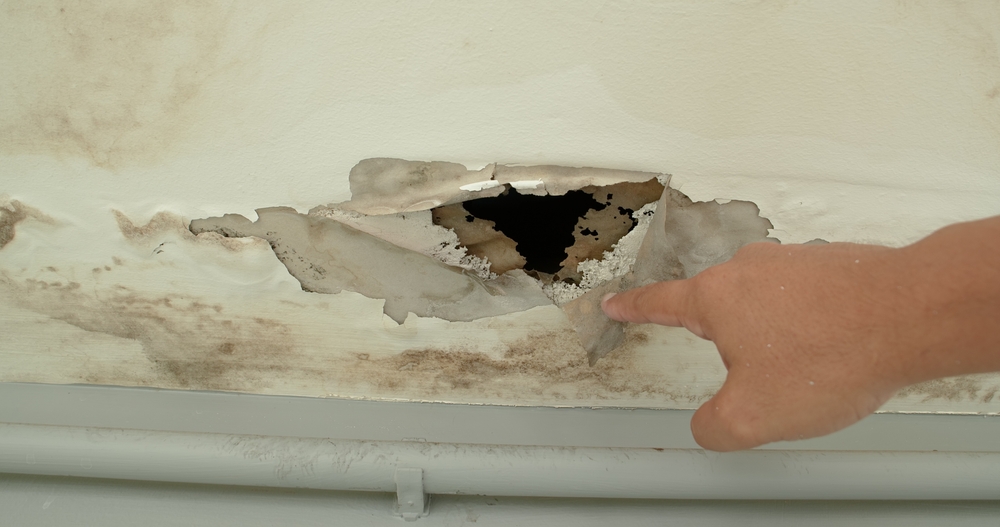
Choosing a Professional Restoration Company
Choosing the correct water damage restoration firm can either help or ruin your attempts at recovery. The following can help you to choose the greatest fit for your circumstances:
- Experience and Certifications: Search for a firm with a lot of commercial property experience. Certifications from companies like the IICRC (institute of inspection, cleaning, and restoration certification) show a dedication to best practices and industry standards.
- Availability and Response Time: Water damage calls for right away attention. Minimizing downtime and stopping more harm depend on a company providing 24/7 emergency services.
- Licensing and Insurance: Verify the organization carries thorough insurance and is licensed to operate in Philadelphia. This guarantees great service and shields you from responsibility.
- Reputation and Reviews: Ask other business property owners for reviews. Case studies and testimonies can help one understand the knowledge, dependability, and customer service quality of the organization.
Prevention Tips
Although every case of water damage cannot be avoided, early actions greatly lower your risk.
- Regular Maintenance: Plan regular roof, appliance, and plumbing system inspections. Take quick care of minor problems to prevent later expensive repairs.
- Water Sensors and Alarms: Install water detection systems in basements, kitchens, and server rooms—high risk places. Early leaks alerted by these sensors help to avert major damage.
- Gutter and Drainage Care: Maintaining appropriate water flow depends on gutters and drainage systems free of waste. Regular gutter cleaning stops water from accumulating close to the foundation or finding its way into the structure.
- Emergency Response Plan: Create an all-encompassing strategy to manage water damage events. Staff should be taught duties and responsibilities as well as who to call should a crisis strike.
- Waterproofing Solutions: Think about expert waterproofing for other sensitive areas including basements. These solutions offer still another degree of defense against water incursion.
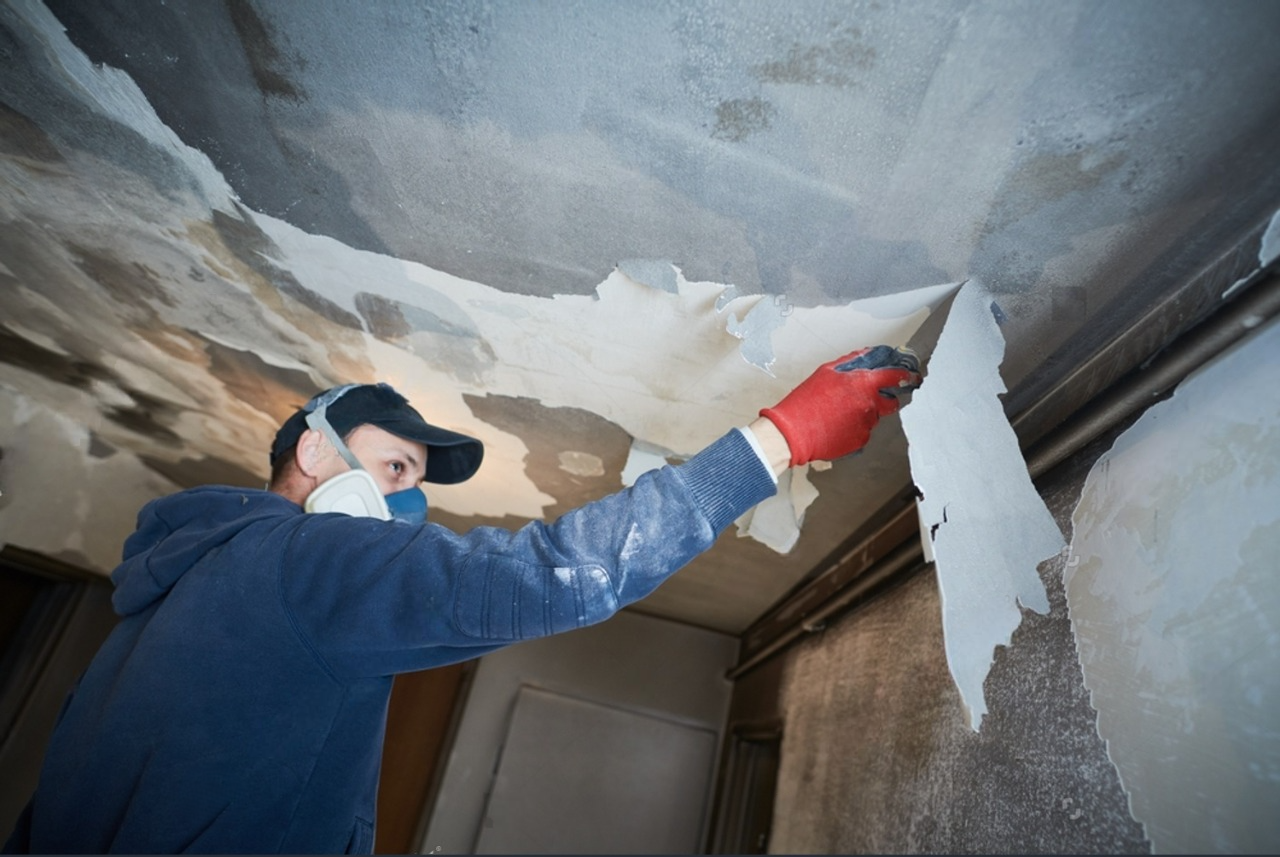
Conclusion
Damage of water in a commercial property is a major concern needing quick and expert response. Understanding the typical causes, restoration procedure, and preventive measures can help you to better safeguard your property and guarantee a rapid recovery should disaster strike.
If you own business property in Philadelphia, don’t wait until water damage shows up to act. Work with a reputable water damage restoration firm to protect your investment and maintain seamless operation of your organization.
Philadelphia Restoration Services
https://www.google.com/maps?cid=3399342399556699153
+1 267 668 0013
https://philadelphiarestorationservices.com/

